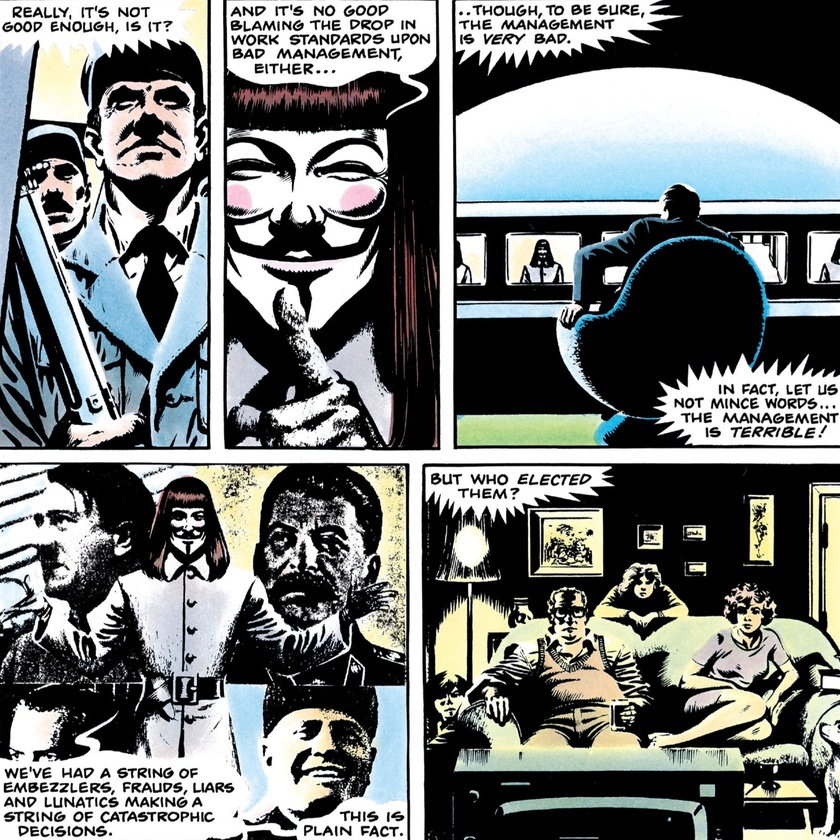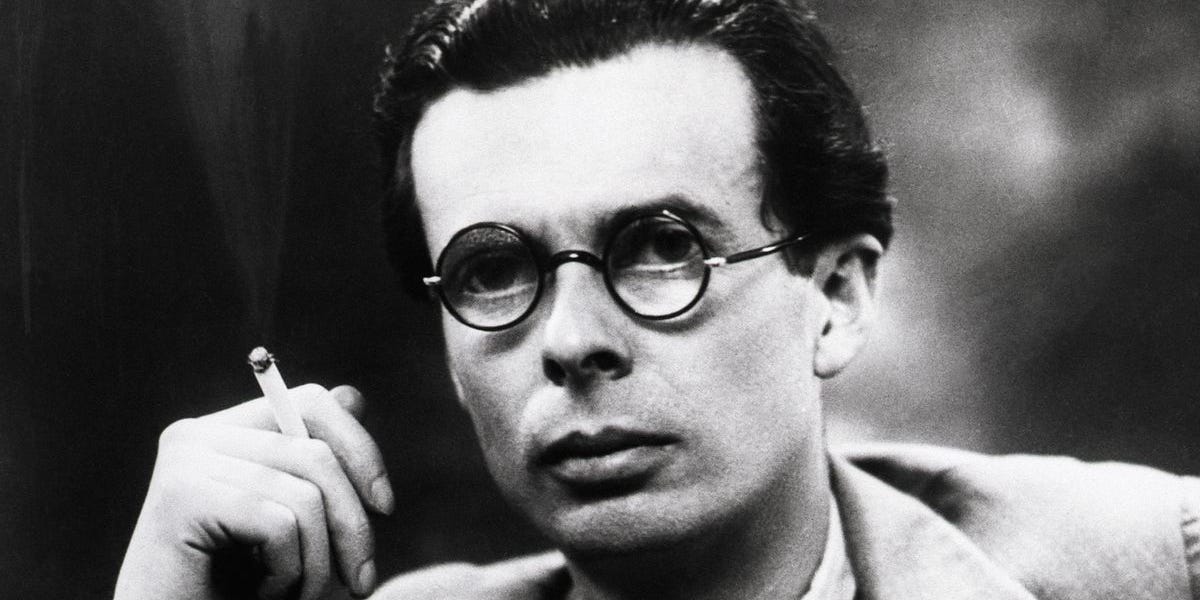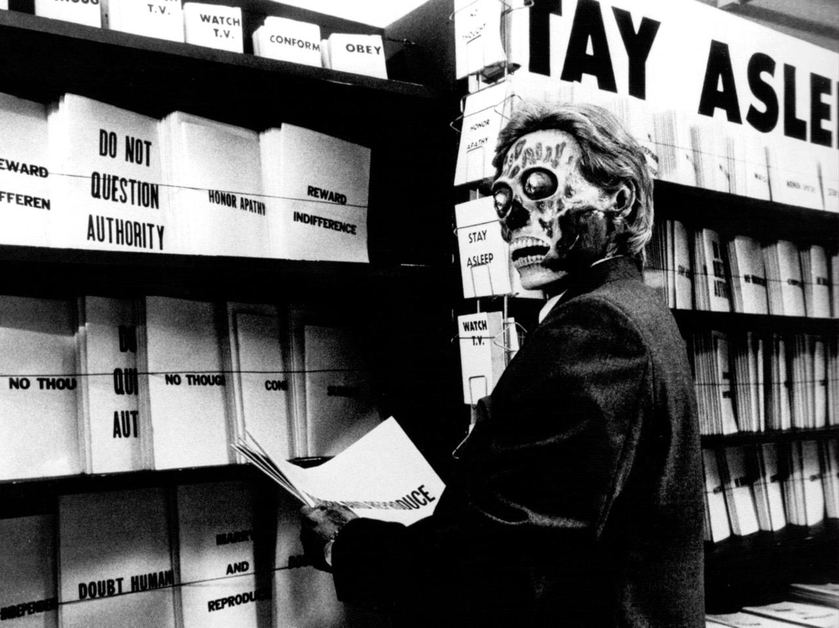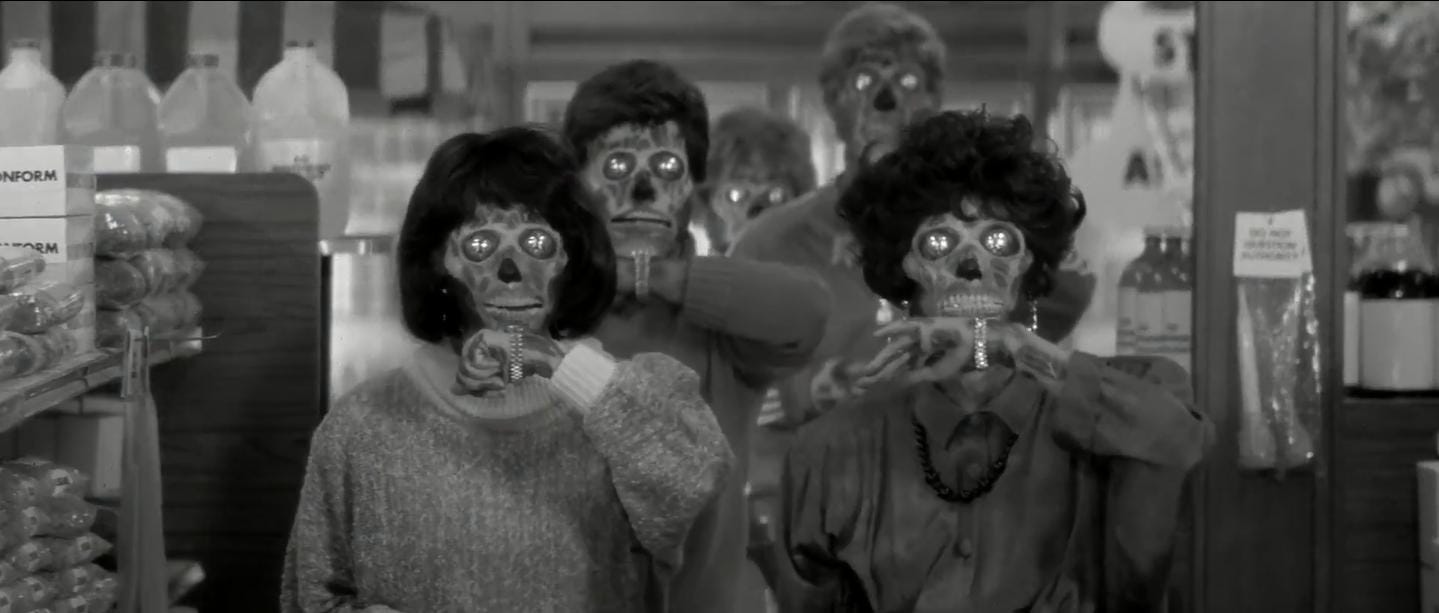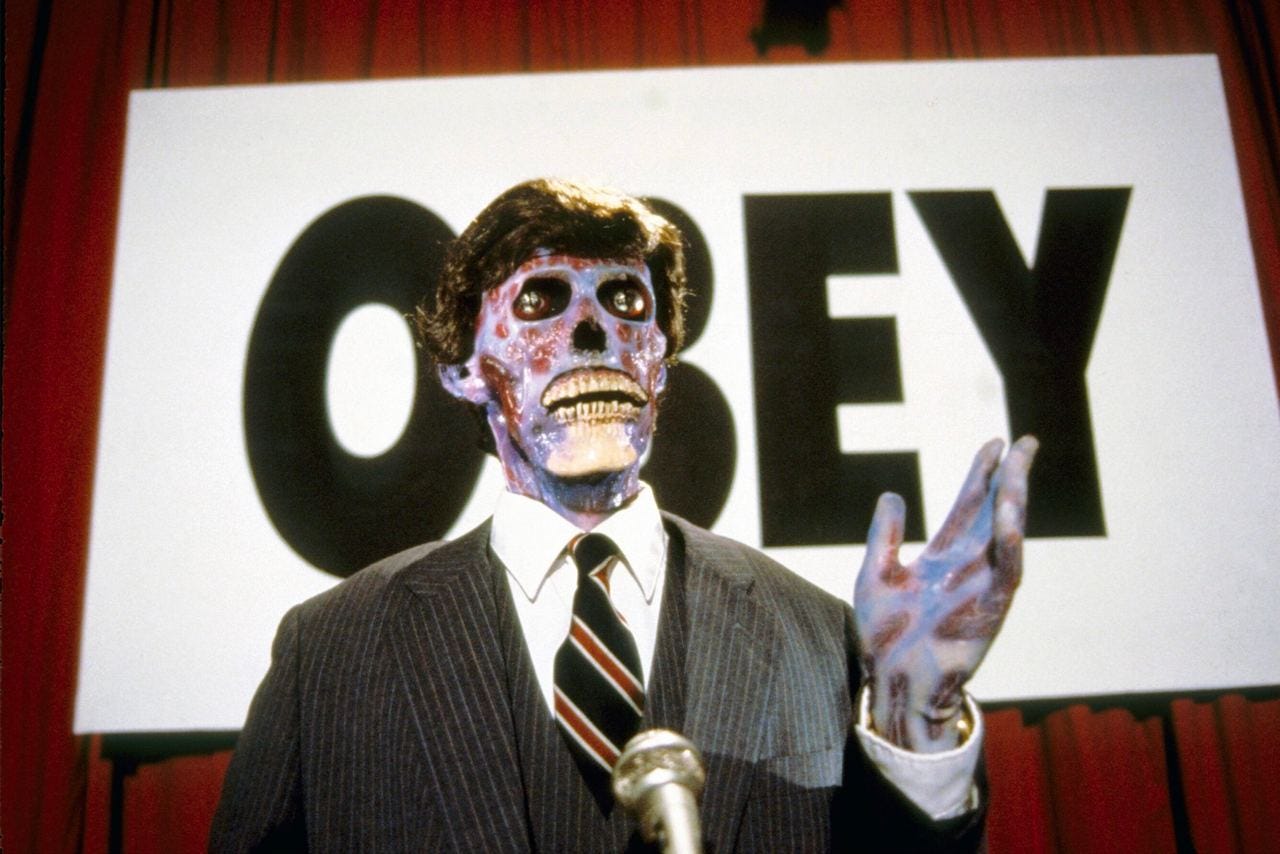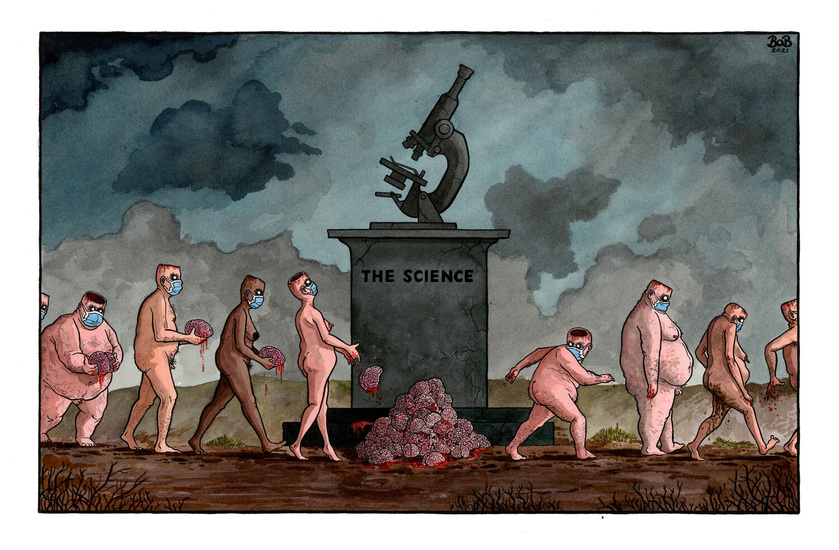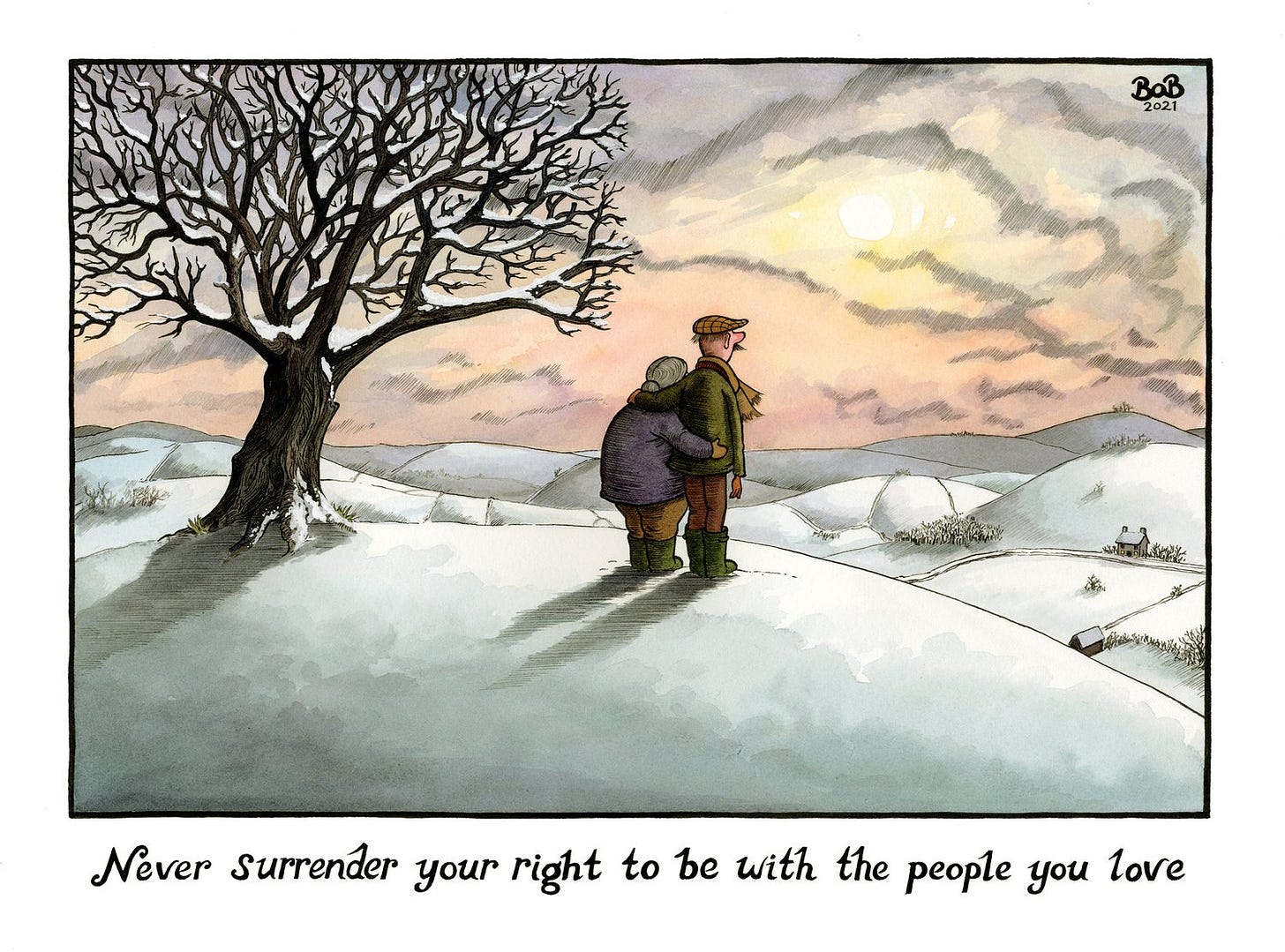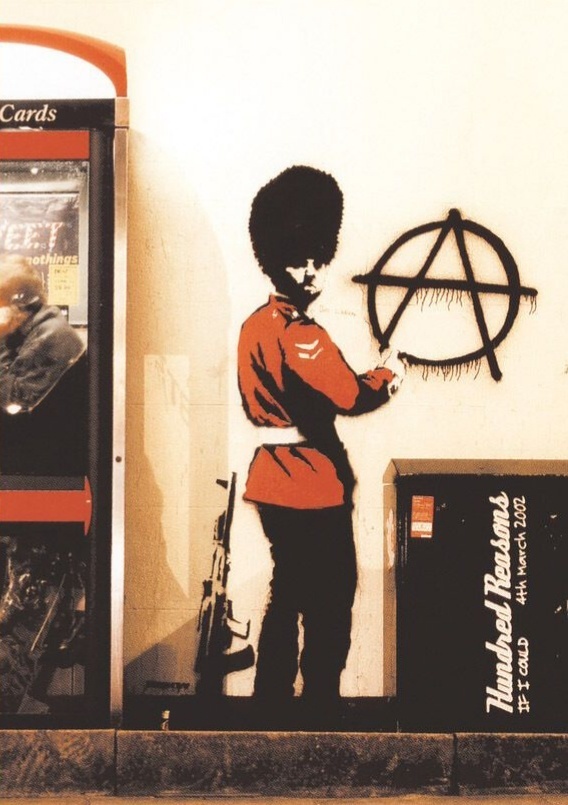Politics is evil. And if politics is evil, those who practice it, politicians, must also be evil. And if politicians form governments to impose politics upon those who otherwise would not be political, then governments too must be evil.
To understand why one would make such a statement, one must understand what politics is. It is the formation of an organisation with the express purpose of spreading and enforcing adherence to one's personal beliefs (law) among the many residents within its geographical boundaries (country) — and beyond these boundaries and among residents of other governments in the event of wars and subsequent invasions.
But in order to achieve such enforcement and subsequent compliance, one must understand what "enforcement" and "compliance" means in a political context. To enforce one's personal beliefs, one's laws, is to impose one's beliefs onto others. It is the act of saying "You will do as I will, not as you will, and if you do not comply, my henchman will see to it that my power over you is felt." And so, in a political context, compliance is always out of fear rather than want. If one's rules are adhered to and one's order achieved only through threat of force, then the individual's willingness to comply is rendered absolutely irrelevant. Put simply, if one hands over their possessions to the armed mugger willingly, or even gladly, one has still been mugged nonetheless. Neither one's willingness to participate in the immoral act nor the volume of those willing to participate in the immoral act make it any less immoral.
And this is the foundation of politics: threat and subsequent fear of force. This being the case, the foundation being rotten, sustained only by instilling enough fear amongst its residents to dissuade them from resisting — and beyond if deemed necessary to secure conformity — anything and everything government does, which is to say everything politics does, is evil by extension of it being conceived through evil acts. No matter what a cabal such as this achieves, when inserted into the context of holding up peaceful people at gunpoint in order to do so, their good deeds will always be soiled by the bloody hands with which they perform them.
But politics is only evil because it is granted absolute dominion over the lives of every individual within its reach: this monopoly on politics we call "government". If this was not the case and politics was confined purely to the personal, i.e. confined to the private lifestyle and philosophical preferences of the individual, then the worst thing that could, generally speaking, come of a political conflict would be disassociation or a nasty exchange of words — as opposed to a contentious, volatile, and often bloody struggle for control of government and an exchange of repression and, if attempts to reason with the order of the day become futile, an exchange of fists, knives, bullets, and bombs.
This is not to say that in the absence of a monopoly on politics — government — that people would not be involved in violent conflict. That is and always will be guaranteed. But it is to say that the frequency and degree of such violent conflict will be considerably reduced, guaranteed. And it is indeed guaranteed because the primary instrument of violence, the one that has proven historically to be the most efficient at slaughtering as many as possible in as short a time as possible, will have been permanently confiscated as an option to solve any (or indeed all) of the common man's problems. Harnessing political means, which is to say force, is to impose one's preferences onto and over those of others, and so it follows that this cycle only serves to continuously perpetuate violence. Thus, it also follows that the removal of such a cycle, one that harnesses violence as its default action and therefore normalising violence as an appropriate tool to solve one's problems, reduces if not mostly eliminates violence in society. Why? Because now the means by which to defer the physical enforcement of one's preferences onto others is no longer available, one is compelled to do the enforcing oneself, and it is easy to pass these physical and psychological costs onto others when the consequences are remote, but it is increasingly hard to bare the costs when having to personally intimidate, threaten, and physically handle one's peaceful neighbours in order to achieve the desired conformity with one's agenda.
To put the costs that are bogged down in politics and intentionally obscured by its bureaucracy into perspective, and to effectively assess one's moral compass, take an example of a scenario engulfed in politics and privatise it, which is to say strip away any perception of a legitimacy to authority and evaluate one's opinion on the scenario in its now naked form.
Let us apply this mental exercise to the very concept of government, as I have described above. One's neighbour owns a business, a large business, that provides for their client's community rules, security, healthcare, education, energy, and a whole host of other necessities. But in order to hire employees, purchase office space and equipment, and run day-to-day operations, the business owner, one's neighbour, rather than achieving these things by actually providing a high quality service that offers value to their customers and sustaining the business in the traditional free market fashion, i.e. voluntary exchange for goods and services (laissez-faire), they instead stick up and shake down their customers, their neighbours. And if their customers dare to end their contract with the business, a contract they have never signed nor even seen, the business owner will send employees — who are usually the ones providing for their security — to abduct the dissident customer from their home and imprison them against their will for an arbitrary period of time, until the business owner decides they have been punished sufficiently enough for daring to terminate their contract — which, again, they haven't signed nor seen.
Would one hire this neighbour and their organisation for their many services, regardless of the quality, if this is how they sustained their existence? Not if one had a say in the matter, I would wager: this is the point. In this context, that of the private, where no one is immune from responsibility for their actions, and therefore no one can afford to neglect their reputation in the face of society, anyone and everyone is accountable to anyone and everyone — no amount of wealth, status, influence, or force can save those who would conduct themselves by nefarious means, whether carried out by themselves or by others on their behalf: all will be judged as individuals. Simply put, a society that rewards good behaviour with a good reputation and punishes bad behaviour with a bad reputation is a self-regulating one, which is to say order is achieved organically, spontaneously, without force or need of it — unlike the artificial order achievable only through the use of force which we experience overwhelmingly today. Is this not the only way to achieve peaceful co-existence, happiness, freedom?
For who would deny that humanity is not more productive, prosperous, peaceful, and satisfied in their lives than when left in freedom? The alternative, order by force — this artificial, involuntary order — isn't really order in the same way an abusive relationship, where one party compels the other to stay, isn't really a relationship: if the desire to continue isn't mutual between the participants, the relationship is not genuine. So, if I may be direct for a moment: Why do you stay? Why do you insist that you must stay and to not stay would be worse than staying? What are you afraid of? Responsibility? Choice? Freedom? Are you really more afraid of the uncertainty of freedom than the certainty of slavery?
Choice means freedom and freedom means responsibility. Freedom is frightening because of its uncertainty: it is the fear of the unknown; and responsibility is frightening because of its uncertainty: the fear of making the wrong choice, or having to make a choice at all; but where there is choice, there is hope: and there is choice, it's yours, it always has been. The order of the day is only legitimate, that is, it can only do what it does with impunity — threaten, rob, command, and enslave — so long as one believes that it is so. Rulers, those who exist today and those passed, are and were only ever as insurmountable a foe as one allows and allowed them to be.
Stripping the ruling class down, so they're naked of their perceived legitimacy, all that remains is that nefarious neighbour, the one who sticks guns in their peaceful neighbours faces and demands to be paid tribute. For all their talk, costumes, symbols, and rituals, all they are is the common mugger who says "Your money or your life." One need not get into the trenches to argue the ups and downs of any particular scribbles on paper that they insist one should distract themselves with, and instead remember they only exist because they feel virtuous in doing such a monstrous thing — and if it were up to them, they would continue to do this until the end of time. Therefore, anything they have to say about anything is redundant in light of them being totally devoid of the elementary, foundational morality that innately conducts peaceful human interaction day-to-day outside of their domain — politics.
It is government, not freedom from government, which is to say anarchy, that is utopian. All of the increasing interference and subsequent decline in one’s quality of life is not, and has never been historically, a consequence of the capacity to live on one’s own terms — freedom — but a consequence of the increasing inability of one to do so without punishment, for the betterment of others rather than themselves — government. And participating in the popularity contest that is democracy will not remedy that. It will only relieve whomever is the currently downtrodden and unload the pressure of political repression onto one’s ideological opposites; and it is just as immoral to rob and enslave one’s enemies as it is to be robbed and enslaved by them. One should look at elections as a pendulum swing, where wielding the evil of political monopoly — government — does not undo the evil done to oneself, it only ensures that the evil will be done in return, and thus repeatedly batted back and forth in a perpetual grudge match for ideological domination.
Both the politically left, right, and everything in between have the natural right to exist and prosper, so long as they do not impose this philosophy, their personal politics, onto others; and no one has the natural right to wield a metastatic bureaucracy of gangsterism to compel participation in their personal philosophy, to be the hallway monitor of the universe, that is, no one has the natural right to rule anyone’s life but their own.
I have spoken much about choice, which is to say freedom, and to confine something entirely to the private, i.e. the personal, means to have freedom. The privatisation of politics, therefore, means to make politics entirely down to one’s preference, meaning one has the freedom to conduct their own life according to whichever philosophy they individually prefer, and no one has the right to compel them to do otherwise. What this means is the abolition of political monopoly, that is, the abolition of the organisation that compels one to live according to the philosophical preferences of others: government. The result is the privatisation of politics, which is to say freedom from tyranny and being unarrested in exercising one’s natural right to own and rule oneself: rule by none, otherwise known as anarchy.

